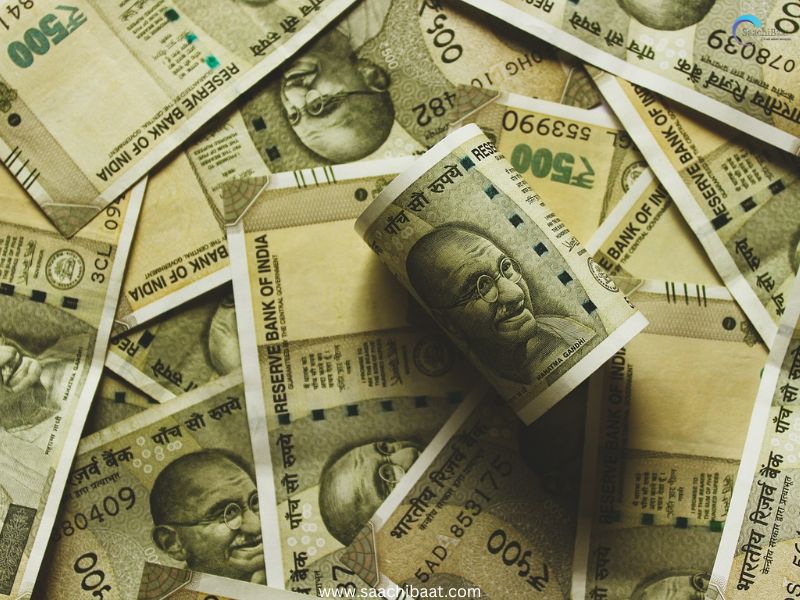It was a judgement that has rankled for years. The artificial distinction that the Supreme
Court of India made over 25 years ago between ‘bribe-givers’ and ‘bribe-takers’ in the
infamous JMM bribery case was overruled.
Recently, the Supreme Court of India ruled that MPs or MLAs cannot claim any immunity
under Articles 105 (2) and 194 (2) for acts of bribery to cast a vote or make a speech in the
house.
P.V. Narasimha Rao V. State(1998) Case
In this case those who paid crores of rupees to MPs for voting in favour of the P.V.
Narasimha Rao government in a no confidence motion was to be prosecuted for corruption,
but those who took the money were immune from prosecution. The reason was that those
who had voted for money enjoyed the constitutional privilege of not being subject to any
legal consequence for “anything said or any vote given in parliament”.
It allowed legislators to claim immunity from prosecution in bribery cases under the
Prevention of Corruption Act,1988.
Constitutional provisions
Some Constitutional provisions which provides immunity to the legislators are:
● Article 105 (2) of the India Constitution confers on MPs immunity from prosecution in
respect of anything said or any vote given in parliament or any parliamentary
committee.
● Article 194 (2) grants protection to MLAs in the context of state legislatures.
● They ensure uninterrupted representation and preserve the balance of power in a
democracy.
Supreme Court Judgment
A seven member Constitution Bench has foregrounded probity as the main aspect of
parliamentary functioning. The Court has made it clear that parliamentary privilege,
enshrined in Articles 105 and 194 is aimed at protecting the freedom of speech and
independence of legislators in their functioning in the House and cannot extend to bribery, as
it is not essential to the casting of the vote or in deciding how to cast it.
The Bench has concluded that the potential for misuse is neither enhanced nor diminished
by recognising the court’s jurisdiction to prosecute a member for bribery. Bench also held
that it requires utmost protection for a member to vote freely and without fear of legal
persecution.
Conclusion
Parliamentary immunity is a vital aspect of India’s parliamentary democracy, allowing
legislators to perform their duties without fear of legal repercussions.Overall, the verdict
meets public expectations that the members they elect do not act under monetary

××××××××××××××
Telegram Link :
For latest news, first Hand written articles & trending news join Saachibaat telegram group
https://t.me/joinchat/llGA9DGZF9xmMDc1
inducement.


